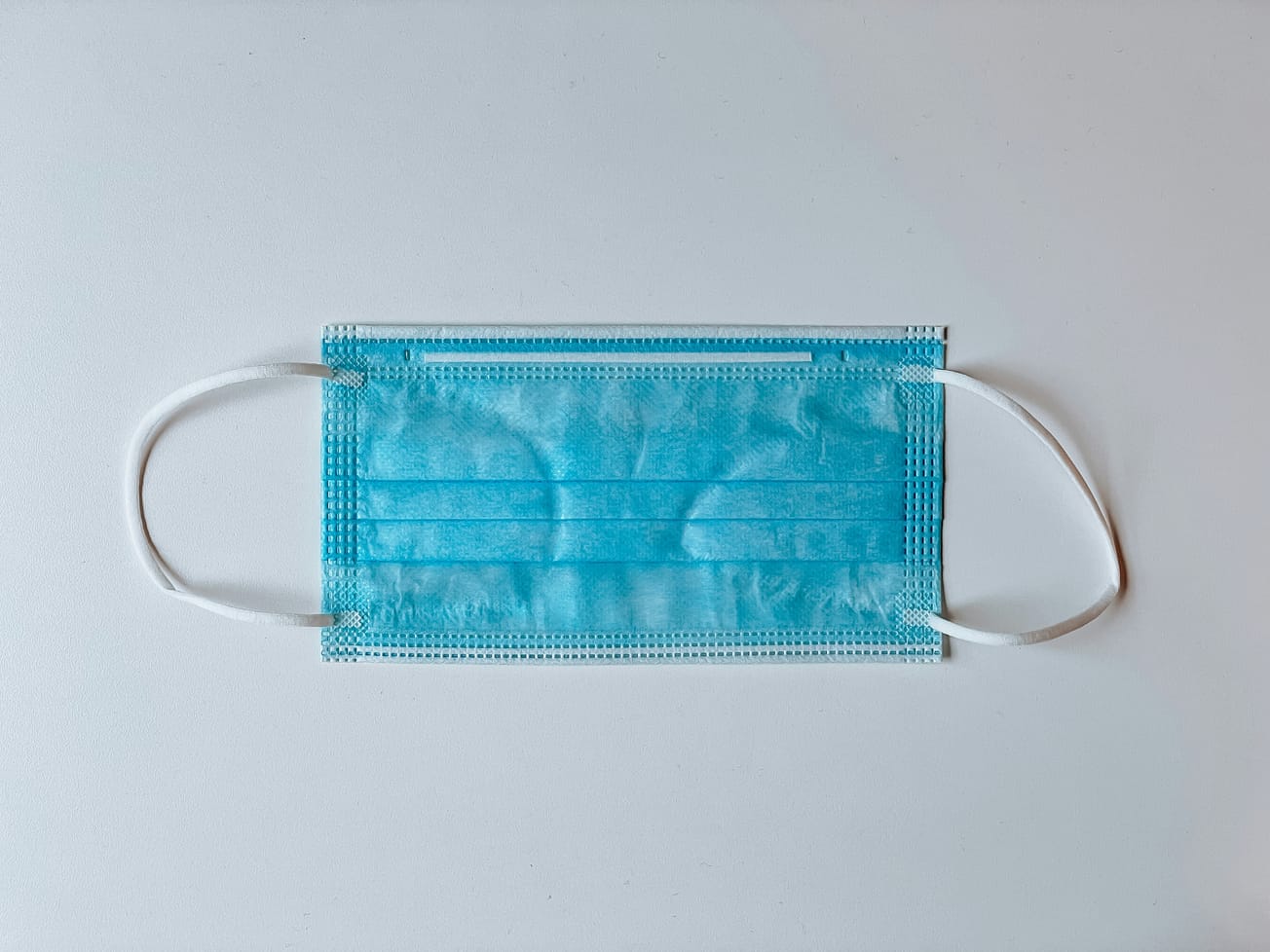Epigram is an independent and neutral newspaper, aiming to publish opinions from across the student body. To respond with an opposing opinion, please contact comment@epigram.org.uk or join our writers group
Daniel Burkitt argues students are hypocrites if they claim to support environmental causes whilst taking recreational drugs.
Perhaps the most blatant hypocrisy evident at the University of Bristol is the widespread concern with environmentalism coupled with rampant recreational drug use.
An Epigram survey conducted two years ago revealed that 77 percent of Bristol students have taken illegal drugs for recreational purposes and a quarter of the students 'have felt pressured into taking drugs'. A more recent survey conducted by The Tab claims that as many as 84 percent of the Bristol student body have taken recreational drugs, one of the highest rates for any university in the country. Whatever the true figure, it is clear that recreational drug use is widespread.
"When it came to sacrificing personal enjoyment in order to be more environmentally-friendly the respondents were far more reluctant"
The rise of conscious consumerism is undoubtedly a positive force and one that sees many of us adopting spending habits that we consider to be more ethically and environmentally sound: choosing that packet of veggie sausages instead of their juicy pork counterparts, or boycotting clothing brands who use exploitative sweat shop labour. We are able use our power as consumers to indicate and popularise a desire for more sustainable products.
In a recent Epigram survey, when asked about making 'Green Choices' - choosing to buy and do things that help the environment - almost two thirds (64.6 percent) of the respondents said that they altered their spending habits in order to make them more environmentally-friendly. And of those that made these Green Choices 92.5 percent did so often or sometimes, and only 7.5 percent did so infrequently or never.
Personal desire to help the environment was by far the biggest factor persuading people to make these environmentally-friendly choices, as 90 percent of respondents cited this as their motivation. Moreover, vast majority of these students (87.6 percent) also felt they would like to do more for the environment, whilst almost two thirds consider themselves to be environmentalists.
As part of Epigram's Green Week, the news team round up the University's top achievements in sustainability last yearhttps://t.co/EzslA1VNYn pic.twitter.com/AC5uYgTh3M
— Epigram (@EpigramPaper) March 1, 2018
However, the survey also revealed that when it came to sacrificing personal enjoyment in order to be more environmentally-friendly the respondents were far more reluctant as it was more evenly split between those who do so sometimes or often (50.3 percent the former; 6.2 percent the later) and those who did so infrequently or never (33.5 percent; 9.9 percent the later).
If we genuinely want to do more to help the environment then we need to be more willing to sacrifice personal pleasure and recreational drug use is something that needs to be considered.
"Fairtrade and eco-friendly drugs - Class A drugs in particular - do not exist"
When it comes to recreational drug use the user's concern is often squarely focussed on the possible negative effects this will have on them as an individual. As it is a personal risk - in terms of both legality and health - the wider implications appear to be forgotten. The argument that if recreational drug users are only hurting themselves then that is their choice and their prerogative is a popular stance, one that (with justification) often advocates the decriminalisation of the possession of drugs or legalising drugs entirely.
The only problem with this is that at present Fairtrade and eco-friendly drugs - Class A drugs in particular - do not exist and reminding ourselves of this is important and necessary.
The environmental impact - primarily through deforestation - of manufacturing cocaine and ecstasy has been widely documented. Thousands of hectares of rainforest in Latin America are destroyed to cultivate the coca plant required to produce cocaine, while 500 000 wild trees are torn down annually in the Cambodian rainforest in order to extract the sassafras oil used to produce MDMA. This is not to mention the humanitarian impact of drug supply chains at every stage of their journey from production to being in the consumer's hands.
"Cutting down or stopping recreational drug use is a step Bristol students can take towards doing more for the environment"
In order to do more to help the environment, we need to be more willing to sacrifice personal pleasure. Cutting down or stopping recreational drug use and reminding ourselves of the consequences of this is a step Bristol students can take towards doing more for the environment.
Our right to personal pleasure should not supersede our obligation to behave in a way that we consider to be more ethical and environmentally-friendly. And in this case, being more ethical just means drinking several pints of local ale next time you feel the need to ease the pain of existence rather than picking up whatever you might normally be tempted to otherwise.
Watch the discussion on Epigram's radio show:
Featured image: unsplash / Thought Catalogue









